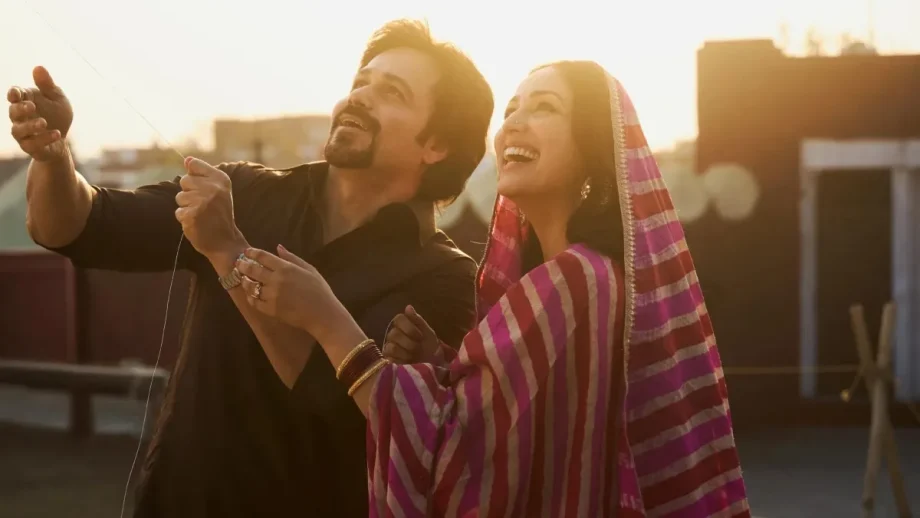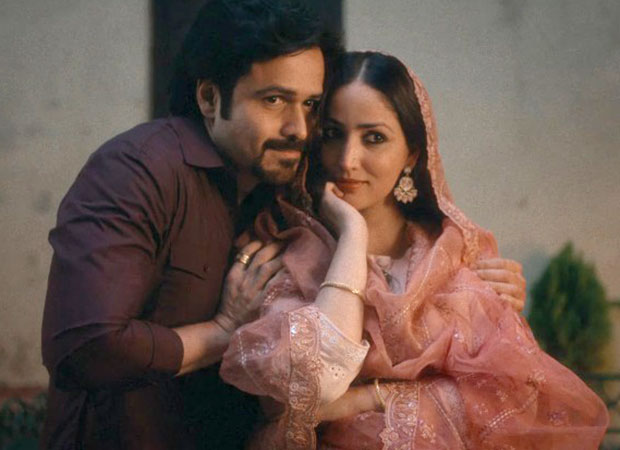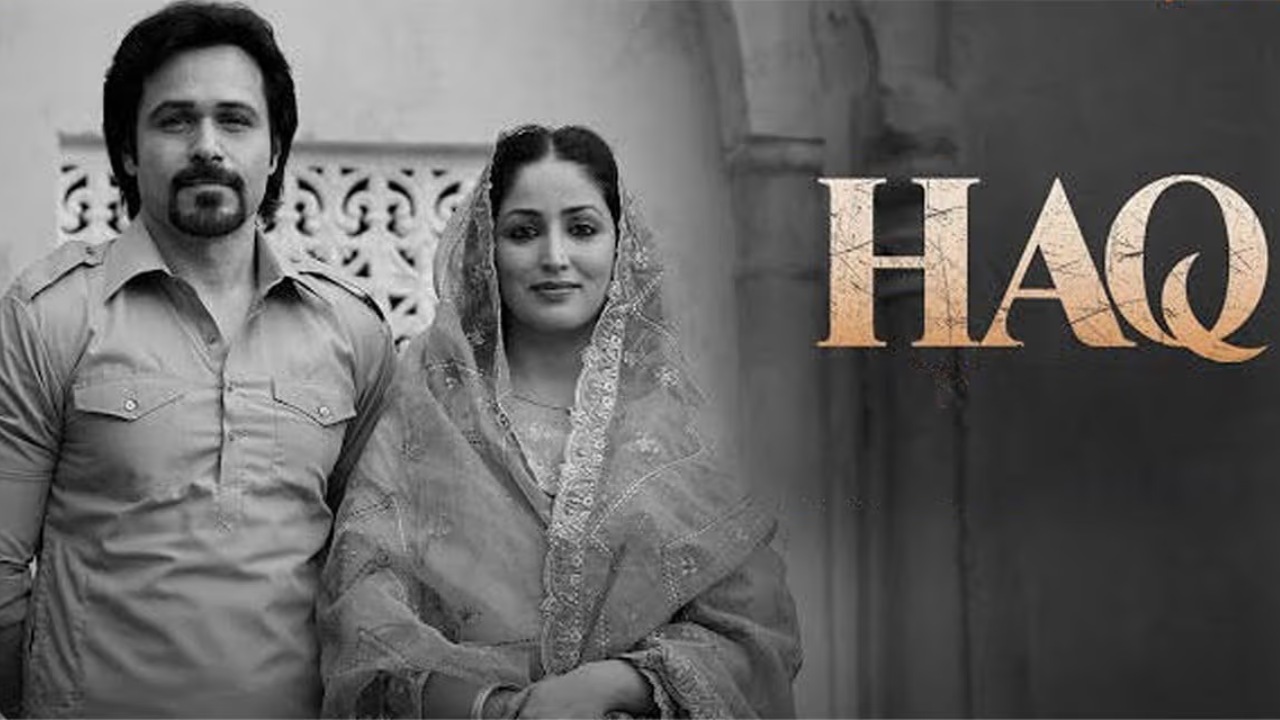Haq narrates the pretension our society holds. Feels almost rhetorical. It smashes patriarchy inch by inch, within the layers of fight, fought by a woman, Shazia Bano, played by Yami Gautam. The narrative stems from the Shah Bano case in 1985.
The 1985 Supreme Court ruling in Shah Bano’s favour, granting her lifelong maintenance under the secular provisions of Section 125 of the CrPC, was a watershed moment for Muslim women’s rights and revived calls for a Uniform Civil Code.
The courtroom sequence in Haq gets the monumental praise. It thoroughly weaves in concepts such as identity, love, and gender justice. Shazia Bano (Yami Gautam) fights dauntlessly for her haq — the right to maintenance from her husband. In standing up for herself, her children, and her dignity, she challenges a male-dominated system and emerges victorious. The moment that’s been etched 4 decades back, Haq reflects it once again.

As a woman, you get the hang of the momentum. When you see Abbas Khan, played by Emraan Hashmi, you know a lot of men in him from real life. Well composed, holding sophistication on the edge. He is like the man who can never abuse a woman physically or verbally. A man like him publicly vows to the empowerment and liberation of women. Abbas Khan in Haq is a man of similar virtues, who doesn’t beat his wife, but wounds her emotionally and mentally. He uses tactics to dominate—and that kind of dominance is not visible to the public. His counterpart only gets to sense it.
Produced by Junglee Pictures in collaboration with Insomnia Films and Baweja Studios, Haq strips away the hypocrisy we hold. Of course, this 2025 case traces back to the 1980s. But to apparently nullify the fact that it no longer exists will be an understatement. It does, but it is hidden. Very tactfully, concealed under threats and indirect defamation. The style has evolved; the platforms have evolved—nothing more.

We also silently learn of the disorder that gets talked about a lot in 2025, narcissism. The triangulations and replacements of ‘old things’ in Abbas’s house are a portrayal of what narcissism could look like. Also, his character treatment hints at what narcissists do to gain control. Films like these not only make you aware of the historical wins of strong women but also educate you about serious, manipulative tactics you can learn from.
Director Suparn S Varma righteously captures the scenarios. The tension you feel is real. Most importantly, it is worth watching to know how a woman back in the 1980s managed to wave out thrills and power with her battle.

